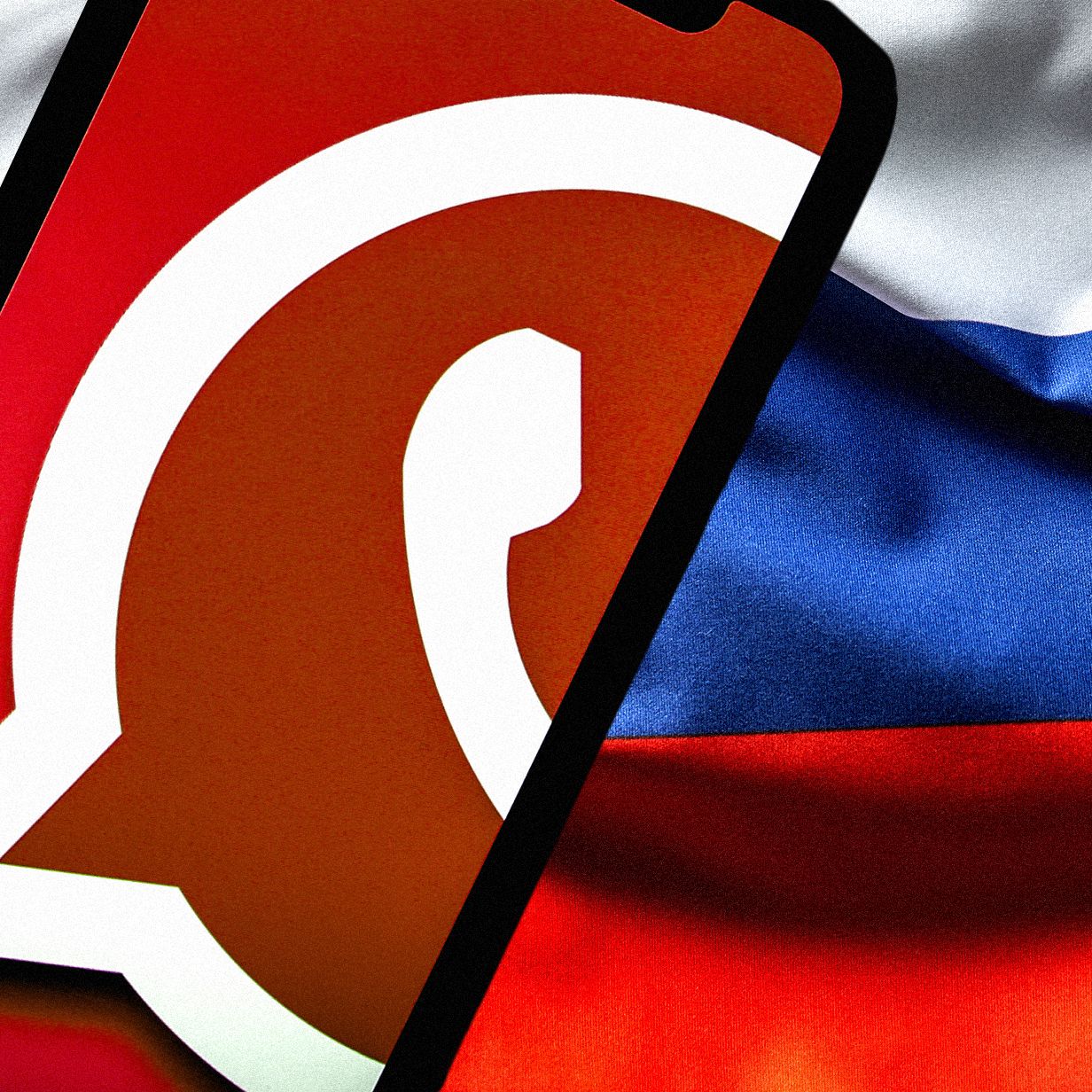Russia Is Cracking Down on End-to-End Encrypted Calls
Russia has recently passed a law that requires messaging services to share encryption keys with security services, allowing them to decrypt calls made through popular messaging apps like WhatsApp, Telegram, and Signal.
This crackdown on end-to-end encryption is seen as a move by the Russian government to increase surveillance and control over its citizens’ communications.
The law has sparked concern among privacy advocates and human rights organizations, who argue that it infringes on people’s right to privacy and freedom of expression.
Many tech companies and messaging services have resisted the law, stating that they prioritize the security and privacy of their users and do not want to compromise their encryption protocols.
Russian authorities have threatened to block messaging services that do not comply with the new law, putting pressure on companies to either comply or face being banned from the country.
This move by Russia is part of a broader trend of governments around the world cracking down on end-to-end encryption in the name of national security and counter-terrorism efforts.
However, critics argue that weakening encryption ultimately makes everyone less secure by creating vulnerabilities that can be exploited by hackers and other malicious actors.
The debate over encryption and government surveillance is likely to continue as more countries grapple with the balance between security and privacy in the digital age.
It remains to be seen how tech companies and governments will navigate these complex issues in the future.
Overall, the crackdown on end-to-end encrypted calls in Russia highlights the ongoing battle between government authorities and tech companies over privacy and security in the digital world.


